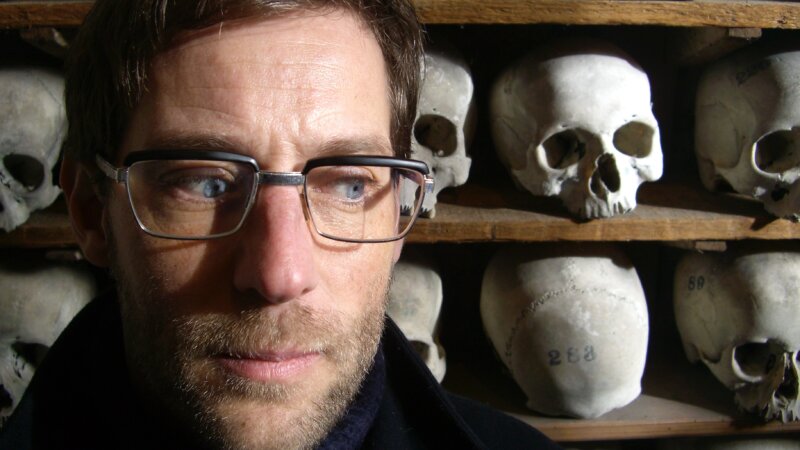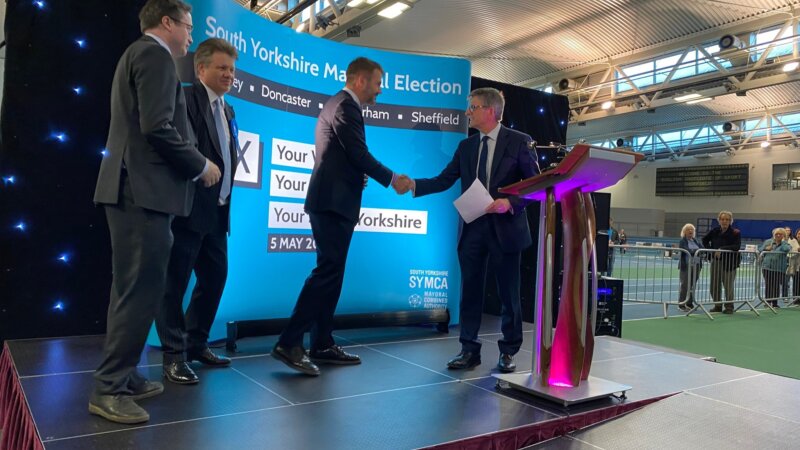Webcasting: Tranparent government in action?
Council meetings are the places where the decisions about how our city is run are made – whether it is how money is spent, how often our bins are emptied, or our roads mended. Yet how many of us have even been to a meeting, never mind know how to get involved in the process? Most of the time fewer than ten members of the public are present and even fewer get involved in discussions. Conversely, when an item on the agenda is controversial and campaigners get active, the public gallery can be overflowing and many struggle to witness the proceedings.
The vast majority of council meetings also take place during working hours, so most people find it difficult to attend. If you make it to a meeting, you may have to sit through hours of tedious ‘other stuff’ before the item you are interested in arrives on the agenda. Often you may only want to get to the decision that’s being made on your item.
How might webcasting help? The simple answer is that it provides a live broadcast of the actual meeting online that can be accessed by many more people. It is then archived for anyone who missed it or wants to watch it again.
A two-minute web search found 41 councils that agree with the idea and are currently webcasting their meetings, from Bristol to Edinburgh, Wales to Essex. Just up the M1, Leeds City Council has decided to webcast its meetings for the rest of the municipal year following some test broadcasts. Large cities and small boroughs alike believe that webcasting is the way forward in making decisions more transparent and getting more people engaged in local politics.
For a formal statement of the benefits of webcasting meetings, I am indebted to US blog Open Records, which has compiled the following list:
Benefits to Councils and Councillors.
• Accessibility is key for transparency. More accessible meetings means greater trust in local government.
• Meetings available online whenever citizens need them increases interest in local government.
• Councillors would be able to prove their value to voters.
• Councillors can provide context for actions and justify decisions. They can research what was discussed before so that they can better remember what was debated.
• Possibility of fewer Freedom of Information requests, with information available online for citizens.
Benefits to Citizens.
• When main meetings are during regular work hours, online video that is accessible 24/7 is a solution.
• People can choose to only view parts of the meeting that interest them.
• Videos provide truth – minutes sometimes don’t.
• Recording gives context. Tone of voice and body language are important.
A search provided only a few negative comments with regards to webcasting council meetings, summarised as follows:
• Councillors ‘grandstanding’ and the possibility of personal attacks and aggressive debates.
• Equality issues – people without internet access.
• Lack of interest.
• Recording may restrict councillors from saying what they really want to say.
A short list and one that carries little weight. With regard to the first and last items, the public are not so shallow as to be unable to distinguish serious debate from showing off. If Councillors are behaving badly in meetings we can see that and judge for ourselves. With respect to equality issues, there will never be complete equality of access, but improvement on the current poor access has to be a step in the right direction.
Finally – lack of interest. This is a little more difficult, as it’s quite possible that viewing figures may never reach the dizzying heights of the Olympics or the Royal Wedding, but the figures I found suggest a massive improvement on the current level of attendance at meetings. Bristol City Council offered the most comprehensive figures.
Bristol has webcast more than 230 meetings. These have received more than 375,000 views from more than 128,000 unique visitors. Their most popular webcast was their mayoral election results, with over 23,600 views, while the least popular, a scrutiny committee meeting, attracted 293 views – the sort of numbers never experienced by any Sheffield City Council meeting.
So much for the negatives, but what do local politicians think of the idea? Unfortunately I don’t have space to give you their full quotes here, but the Leader of the Council, Julie Dore (Labour), the leader of the Liberal Democrats, Shaffaq Mohammed, and the Green Party spokesman, Rob Murphy, all reflected a similar standpoint. That is, that the idea of webcasting the council meetings is a good one, for many of the reasons stated above, but at a time of serious financial constraint it might be difficult to justify the cost. With this consensus and the evidence of the benefits of webcasting, the last remaining hurdle appears to be cost. But what are the facts?
Leeds City Council expect their costs to be £16,000 a year or less. Edinburgh quote £17,000, South Oxfordshire £16,875 and Cherwell £19,415. One local entrepreneur has suggested to me that it could be done on a shoe string for about £1,000 a year, if the council can provide the staffing from within current resources. Either way, the cost is not beyond the wit of man to find.
I have a couple of suggestions for consideration. The council have recently appointed seven councillors to the post of Chair of the new Local Area Partnerships, replacements for Community Assemblies. This will cost over £5,000 per post per year. That money could perhaps serve local democracy better by supporting webcasting. Alternatively, the council spends over £330 million each year with private companies delivering public services. Maybe they could be approached to sponsor the local democracy that earns them such huge amounts every year?
As a final comment on the balance between austerity and transparency, I’ll let the leader of Torfaen Borough Council in Wales have his say.
“Given the financial outlook for public services, it will be increasingly important that people are well informed and engaged in the decisions we are going to have to take [...] Webcasting will take this online engagement further, helping us to reach more and more people and encourage them to get involved and have their say on the decisions that affect them.”
Sheffield can do this. All that is needed is the political will.
If you agree, lobby your local councillor or write in to Now Then and we will pass you on. )







